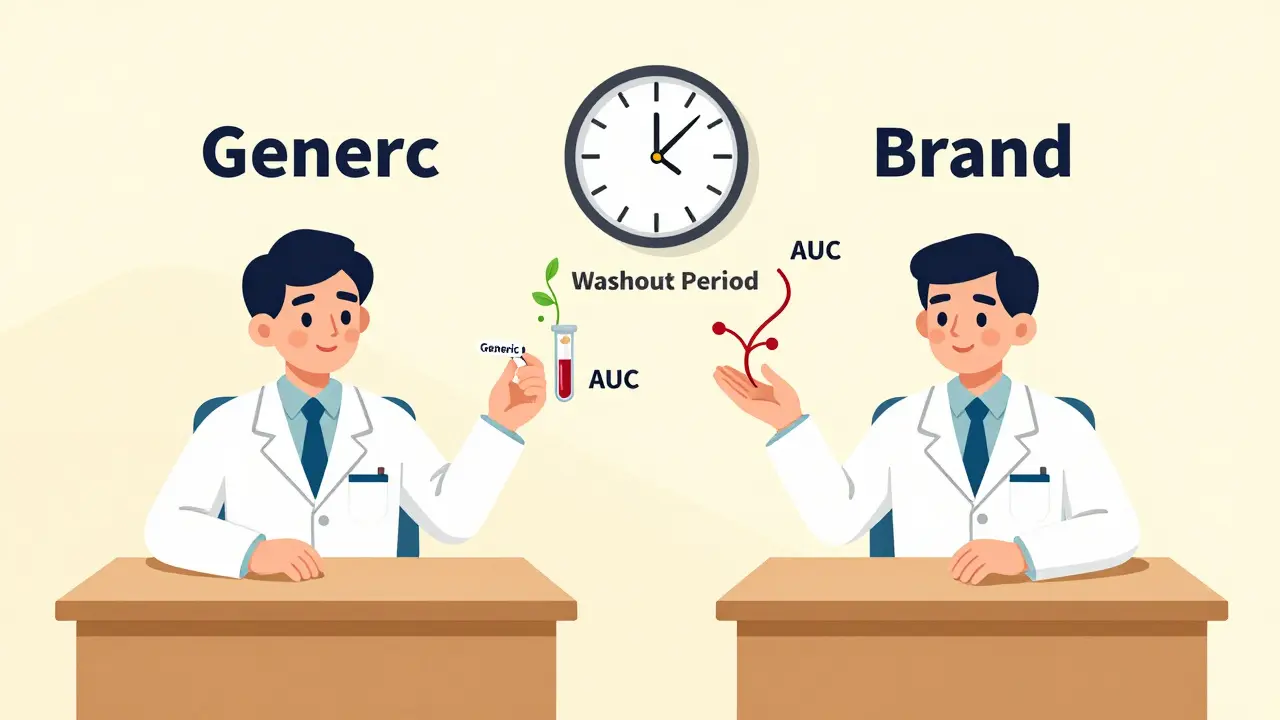Health Research: clear takes on new drug studies and therapies
Want straightforward summaries of recent medical research without the jargon? This section pulls practical takeaways from new studies so you can understand what might matter for care, conversations with clinicians, or personal learning.
Featured posts and why they matter
Enzalutamide is an important drug for prostate cancer. Our post on new developments (https://marleydrug.su/post/6270) highlights work to boost its effectiveness and ideas for combining it with other treatments. You’ll find notes on trial goals, possible side effects to watch, and what expanded use could mean for patients and caregivers.
Edema is often managed with diuretics, but combinations can change outcomes. The piece about amiloride plus hydrochlorothiazide (https://marleydrug.su/post/5271) explains how the combo reduces fluid without causing big potassium losses. It points out which patient groups—like people with heart failure or cirrhosis—may benefit and which lab checks doctors typically order when using this combo.
Hair loss treatments keep evolving. Our article on regenerative medicine for alopecia (https://marleydrug.su/post/4053) covers stem cell approaches and platelet-rich plasma—what early trials report, realistic expectations for hair regrowth, and why more research is still needed before these become routine options.
How to read a study and use the info
Start by checking the study type: is it lab work, a small early trial, or a large randomized study? Bigger randomized trials usually give more reliable answers about whether a treatment truly helps. Look at the number of participants and follow-up time—short studies or tiny groups are useful but limited.
Focus on practical outcomes: did the treatment improve symptoms, survival, or just a lab marker? Side effects matter as much as benefits—note how often adverse events happened and whether they required stopping treatment. If a study is about combining drugs, check whether doses changed and what monitoring the researchers recommend.
If you’re thinking about changes to your care, bring specific questions to your clinician: Which results apply to someone like me? What tests would be needed to start this treatment? Are there cheaper or safer alternatives? That makes the conversation concrete and useful.
Want updates? Bookmark this category and check back—research moves fast, and we aim to summarize new findings with clear takeaways so you don’t have to wade through full papers to know what matters.

Crossover Trial Design: How Bioequivalence Studies Are Structured
- Jan, 10 2026
- Daniel Remedios
- 10 Comments
Crossover trial design is the gold standard for bioequivalence studies, using each participant as their own control to compare generic and brand-name drugs efficiently. Learn how it works, why washout periods matter, and when replicate designs are needed.

Acotiamide's Future Role in Treating Gastrointestinal Disorders
- Oct, 24 2025
- Daniel Remedios
- 13 Comments
Explore acotiamide's mechanism, current use, ongoing trials, safety, and future market impact for gastrointestinal disorders.

Pheochromocytoma: New Research & Treatment Advances 2025
- Oct, 18 2025
- Daniel Remedios
- 15 Comments
A concise guide on pheochromocytoma covering new genetic insights, modern diagnostics, treatment options from surgery to radiotherapy, and emerging therapies in 2025.

The Future of Enzalutamide: New Research and Potential Developments
- May, 29 2023
- Daniel Remedios
- 5 Comments
As a blogger, I'm always excited to share the latest developments in the medical field. Recently, I came across some fascinating new research on the future of Enzalutamide, a drug used to treat prostate cancer. It seems that scientists are working tirelessly to improve its effectiveness and expand its uses. Additionally, there's potential for Enzalutamide to be combined with other therapies, opening up even more possibilities for cancer treatment. I can't wait to see how these advancements will positively impact the lives of those affected by prostate cancer.

The Synergistic Effects of Amiloride and Hydrochlorothiazide in Managing Edema
- May, 20 2023
- Daniel Remedios
- 20 Comments
In my recent blog post, I discussed the synergistic effects of Amiloride and Hydrochlorothiazide in managing edema. I found that combining these two diuretics can effectively reduce fluid retention by increasing urine output and preventing excessive potassium loss. This combination therapy is particularly useful in treating patients with congestive heart failure, liver cirrhosis, and kidney disorders. The benefits of this combined approach are that it reduces the risk of side effects and allows for lower doses of each medication. Overall, I believe that the use of Amiloride and Hydrochlorothiazide together can significantly improve the quality of life for those suffering from edema.

The Effectiveness of Regenerative Medicine for Alopecia Treatment
- May, 13 2023
- Daniel Remedios
- 12 Comments
I recently came across some fascinating research on the effectiveness of regenerative medicine for treating alopecia, a common hair loss condition. The studies show promising results in using regenerative therapies, like stem cell treatments and platelet-rich plasma, to stimulate hair growth and improve overall hair health. It's amazing to think that we might have a solution to a problem that affects so many people worldwide. However, it's important to note that more extensive research is required to fully understand the potential benefits and risks of this treatment. I'm excited to see how regenerative medicine continues to evolve and improve the lives of those struggling with hair loss.
